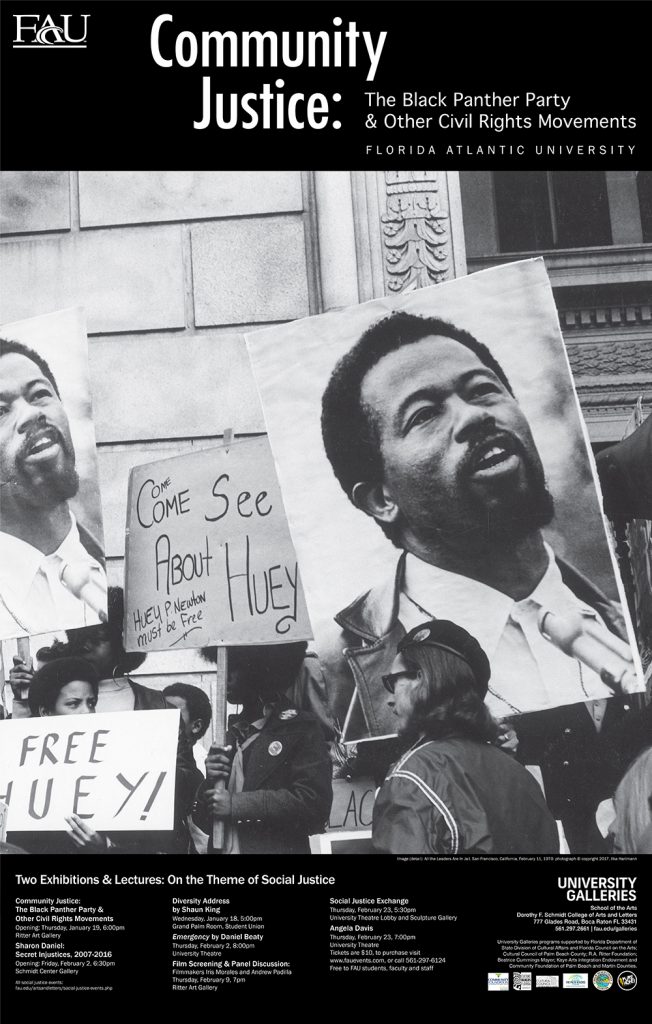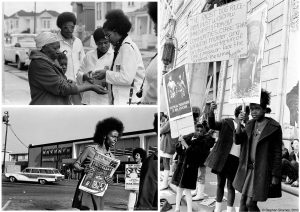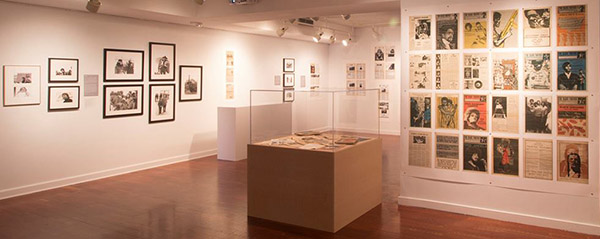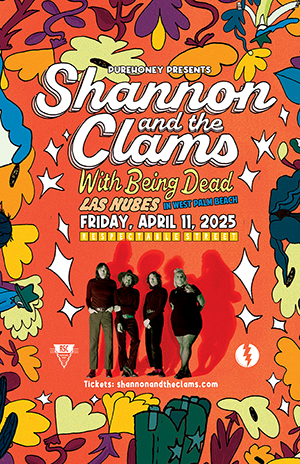FAU: COMMUNITY JUSTICE
 Photography and moving imagery (i.e. film) deserve their status as artistic mediums without reservation but it is important to remember and uphold their humble documentarian beginnings. We’ll phrase it like that due to the consumerist byproduct of recent technological advancements. But that too, is harsh. There is no time or space to properly define categories but it is safe to assume that yesterday’s lunch, catalogued and killed by hashtag in either Pantheonic Instagram glory or the evanescent hyperbole of Snapchat, will not be treated as kind by the passage of time like Nicephore Niepce’s View from the Window at Le Gras. Well, if anything, time will tell.
Photography and moving imagery (i.e. film) deserve their status as artistic mediums without reservation but it is important to remember and uphold their humble documentarian beginnings. We’ll phrase it like that due to the consumerist byproduct of recent technological advancements. But that too, is harsh. There is no time or space to properly define categories but it is safe to assume that yesterday’s lunch, catalogued and killed by hashtag in either Pantheonic Instagram glory or the evanescent hyperbole of Snapchat, will not be treated as kind by the passage of time like Nicephore Niepce’s View from the Window at Le Gras. Well, if anything, time will tell.
The capture of images is a powerful tool for humanity. It is tangible proof and though manipulation and/or creation of images can occur, their archival is both reminder and guide for how civilization conducts itself. “The exhibition is a timely reminder of how activism and dissent can influence change in our society,” said Chris Robe, Ph.D., film scholar and associate professor in Florida Atlantic University’s School of Communication and Multimedia Studies. Robé’s expertise in social activist movements and radical media contributed to FAU’s exhibit Community Justice: The Black Panther Party and Other Civil Rights Movements.
Hot on the heels of the US’s most polarizing modern election and the Dakota Access Pipeline standoff—the timing couldn’t be better for this poignant and unfortunately still relevant aide-mémoire of America’s Civil Rights history. Featuring photography, film/video, and vintage and digital print materials highlighting social movements of the 60’s and 70’s like the Black Panther Party and the American Indian Movement, this exhibit painfully shows how the educational, wellbeing, and nutritional concerns of yesteryear are still prevalent today but most importantly, it shows the effectiveness of these mediums and reteaches its power to a new generation of activists.
Skillfully weaving a narrative of affordable resources and appropriation by these disenfranchised organizations, the exhibit culminates in a final act showcasing an era of ideological crosspollination and racial proactivity. Setting the base, if you will, of today’s socially-minded and responsible social media usage—the heir apparent of information sharing and dissemination. Culled from a large pool of private collections and different holdings, this exhibit also serves as a celebration of the 50th anniversary of Huey Newton’s founding of the Black Panther Movement in the fall of 1966.
A series of mostly free supplemental public programs will run parallel to the exhibit with scholar, activist, and author Angela Davis headlining with a ticketed public lecture on Thursday, February 23. Community Justice: The Black Panther Party and Other Civil Rights Movements is free and open to the public and will run at FAU’s Ritter Art Gallery from January 20 through March 4. For times, information, and tickets call 561-297-2661 or visit http://www.fau.edu/galleries/communityjustice.php ~ Abel Folgar















